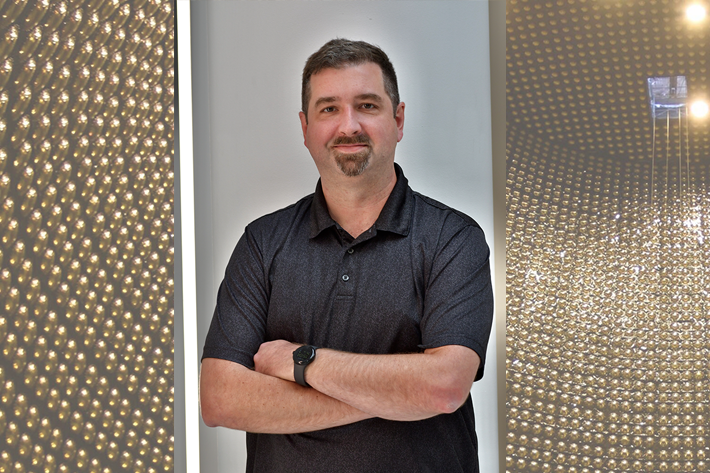Events
Events Calendar
Physics & Astronomy Colloquium: Ben Margalit, UMN
Thursday, Jan. 25, 2024, 3:35 p.m. through Thursday, Jan. 25, 2024, 4:35 p.m.
Tate B50
Abstract: Advances in time-domain and multi-messenger astronomy provide a fresh view of the dynamic Universe and herald a new era in astrophysics. Through gravitational waves and across the electromagnetic spectrum, explosive astrophysical phenomena hold enormous potential as probes of extreme physics and cosmic scales. In this talk I will give an overview of recent developments in time-domain astronomy. Focusing on neutron star mergers as a frontier research area, I will demonstrate how transients can be harnessed to study fundamental open questions with far-reaching implications. I will conclude by briefly discussing the future of the field and the opportunities ahead.
School of Physics & Astronomy Colloquium: Michael Wilking, UMN
Thursday, Jan. 18, 2024, 3:35 p.m. through Thursday, Jan. 18, 2024, 4:35 p.m.
Tate B50
Physics Force 2024 Northrop Shows
Saturday, Jan. 13, 2024, 11 a.m. through Saturday, Jan. 13, 2024, 3 p.m.
Northrop Auditorium
Physics Force is back with exhilarating new shows in Jan 2024. These theater productions feature big demos—with physicists dropping from the air and lightning being controlled through science—and they never disappoint! The wonders of physics are brought to life in an educational and spectacular display. Intended for all ages, Physics Force hopes to bring the wonders of physics and science to all.
For ticketing information, please visit Northrop Auditorium's event page
University Closed: New Year's Day
Monday, Jan. 1, 2024, 8 a.m. through Tuesday, Jan. 2, 2024, 8 a.m.
University of Minnesota
Happy New Year
University Closed
Monday, Dec. 25, 2023, 8 a.m. through Monday, Dec. 25, 2023, 8 a.m.
University of Minnesota
Closed for Christmas holiday
University Closed
Friday, Dec. 22, 2023, 8 a.m. through Monday, Dec. 25, 2023, 8 a.m.
University of Minnesota
Closed for Christmas holiday
No Colloquium: Study Day
Thursday, Dec. 14, 2023, 3:35 p.m. through Thursday, Dec. 14, 2023, 4:35 p.m.
B50 Tate
No Colloquium this week. Check back in January for more events!
Public Observing Night
Friday, Dec. 8, 2023, 8 p.m. through Friday, Dec. 8, 2023, 9 p.m.
Tate Hall B50
Observe some of the same celestial objects that have inspired the sky-gazers throughout history. Presented by knowledgeable and passionate astronomy graduate students!
8pm | Presentation | Tate Hall Room B50
8:30pm | Telescope observation, if weather permits | RM 510
Colloquium: Dr. Daniela Calzetti, UMASS Amherst
Thursday, Dec. 7, 2023, 3:35 p.m. through Thursday, Dec. 7, 2023, 4:35 p.m.
B50 Tate
Abstract: Dust represents about 0.1% of the mass in baryons in galaxies today, yet it has a disproportionate impact on their physics and appearance. I will briefly discuss measurements of dust and dust effects in galaxies at different cosmic distances, and highlight what we understand and where the challenges and unknowns currently are. Recent observations from the recently launched James Webb Space Telescope are paving the way for answering some of the remaining questions.
FTPI Workshop: Muons in Minneapolis
Wednesday, Dec. 6, 2023, 9 a.m. through Friday, Dec. 8, 2023, 5 p.m.
Keller 3-180
Muons in Minneapolis workshop will bring together theorists and experimentalists to explore future opportunities to utilize muons in the search for new physics. In this workshop, we hope to expand on ongoing efforts to probe the muon sector, as well as discuss possible new directions. Topics covered in this workshop will include:
School News
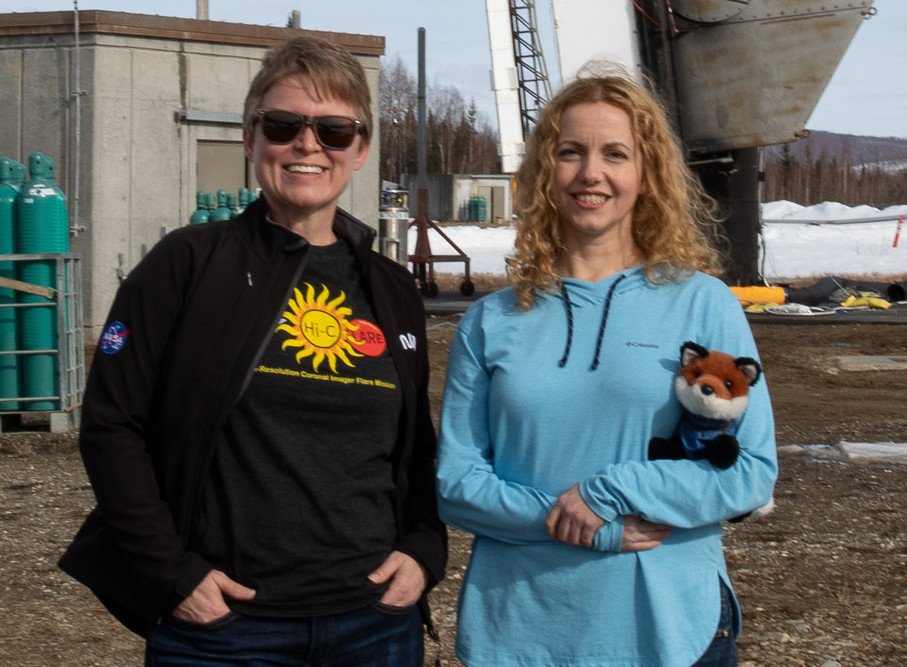
Glesener part of NASA's first solar flare observation campaign
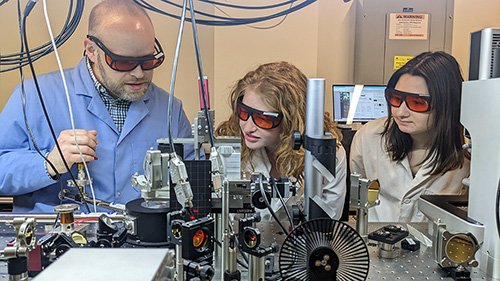
Inside Professor McLeod’s Nano-Imaging Laboratory
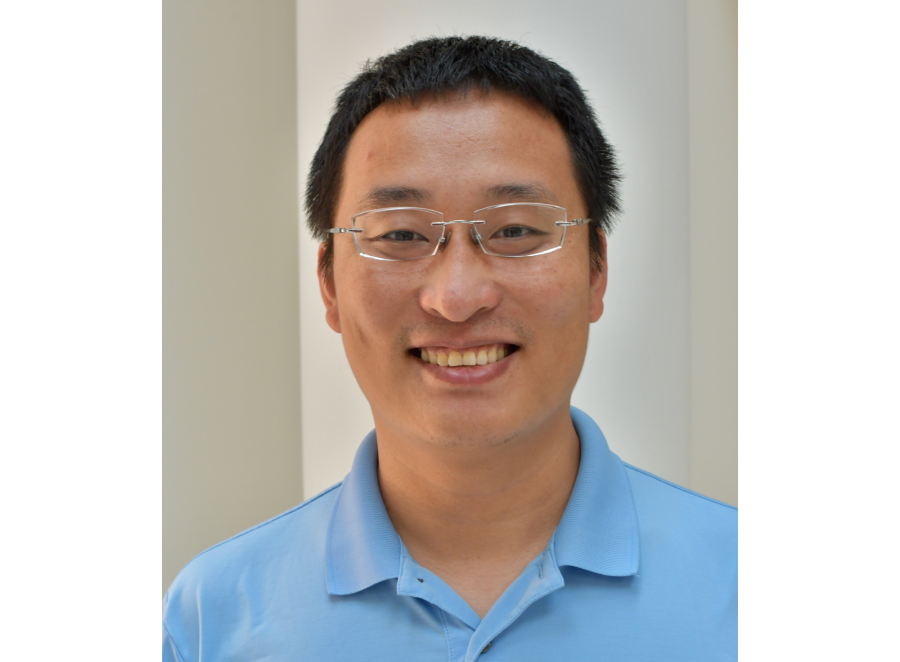
Liu receives prestigious Sloan Research Fellowship for early-career researchers
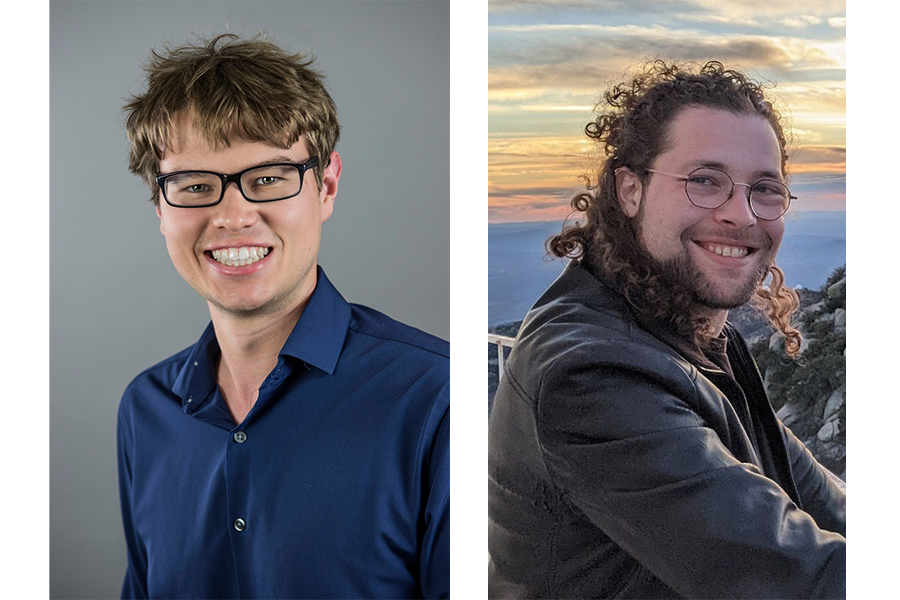
Coughlin and Criswell part of comprehensive UV light survey
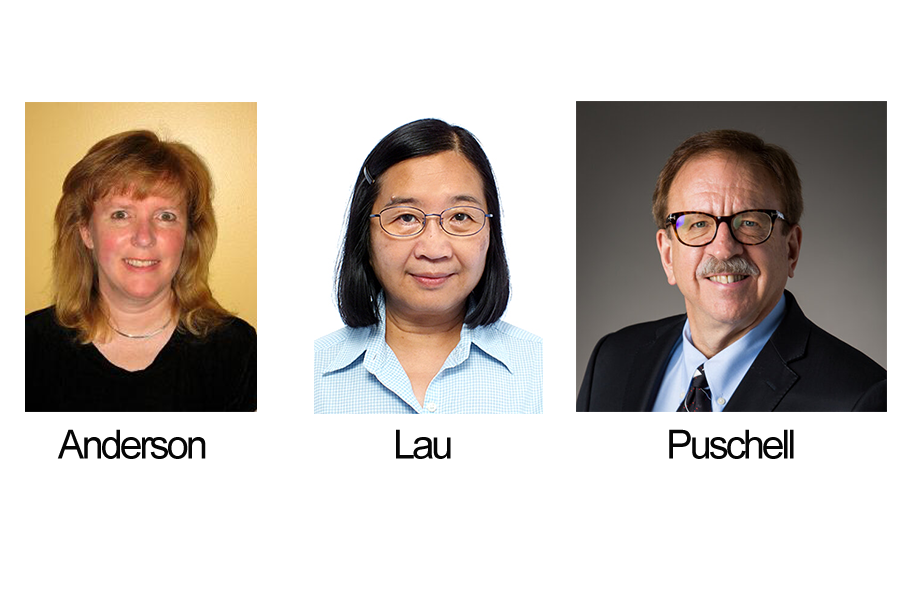
Three School Alumni elected to National Academy of Engineering
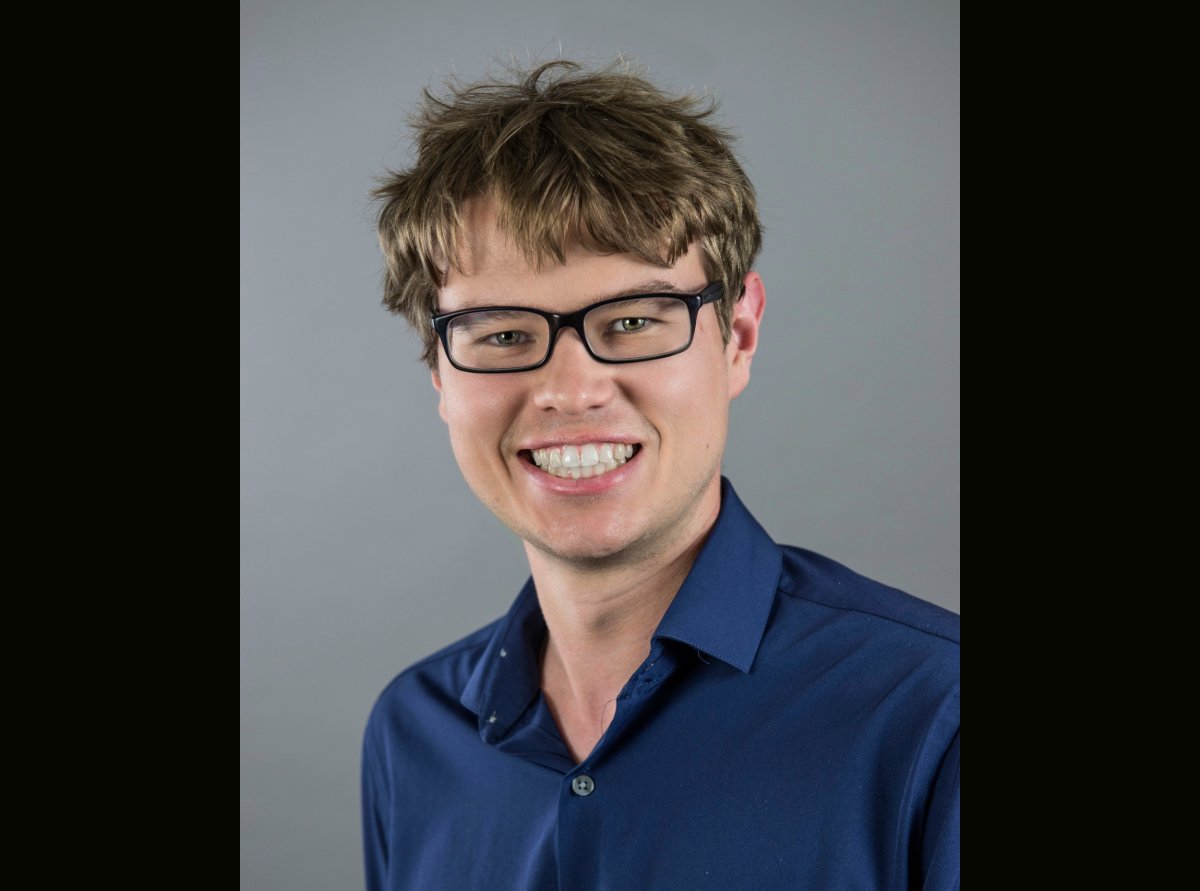
Coughlin receives McKnight Professorship
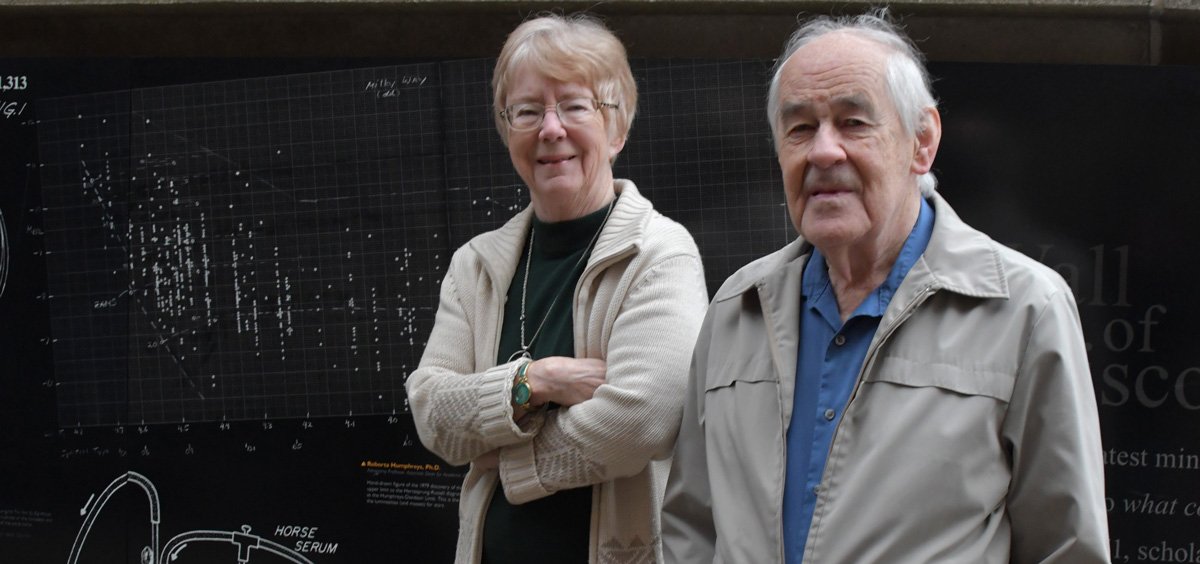
Humphreys Awarded Medal from Royal Astronomical Society
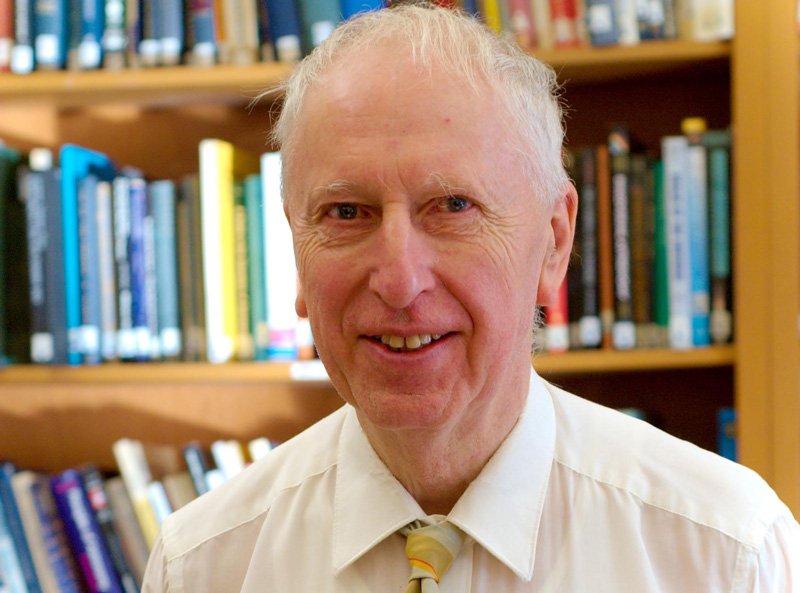
John Broadhurst, 1935 - 2023
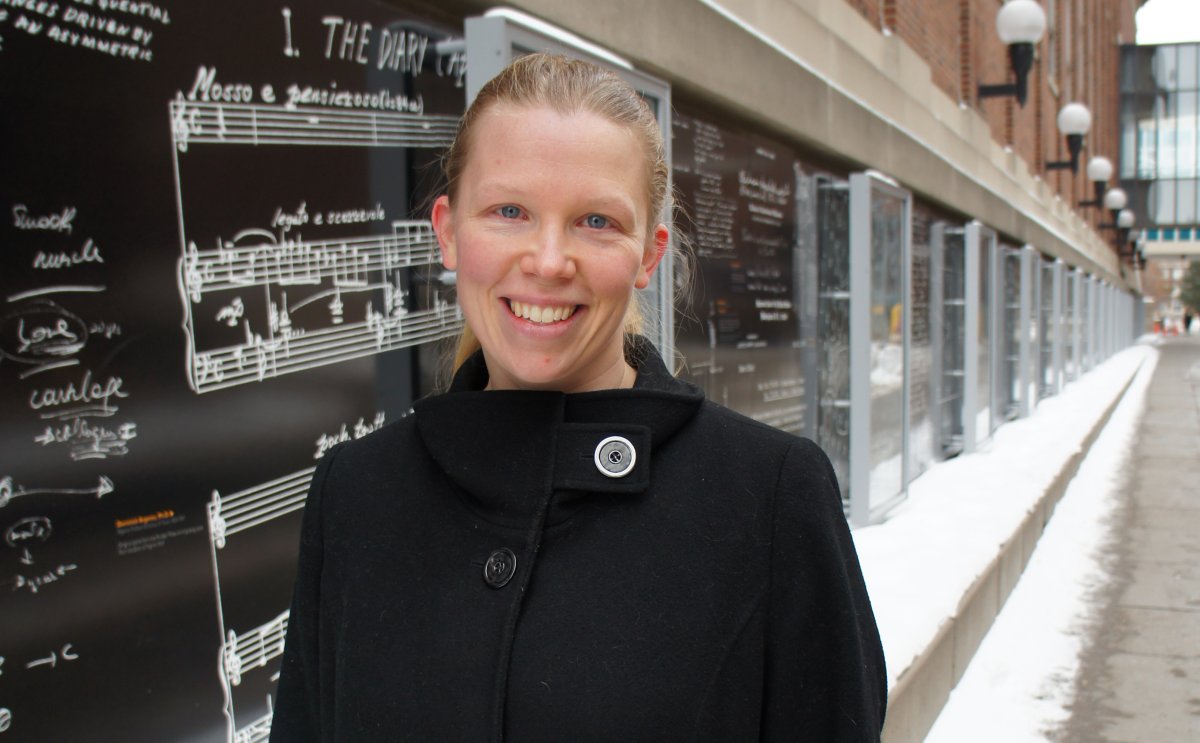
Burnell elected APS Fellow
